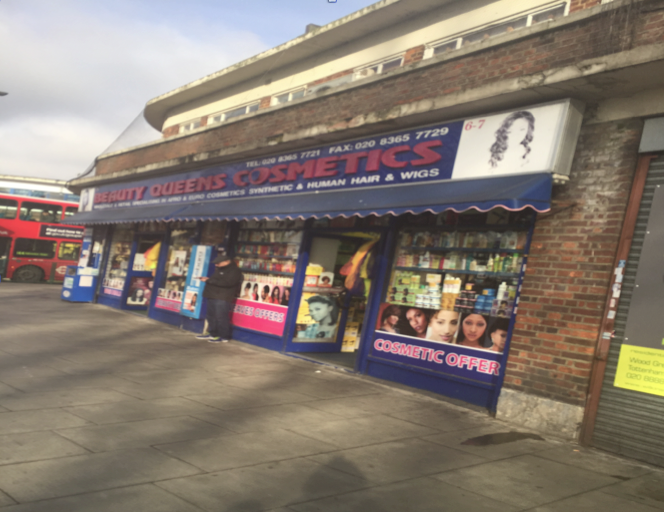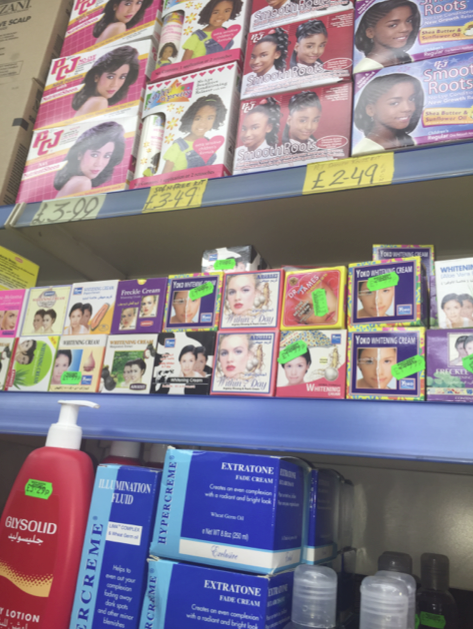Ebony Bell investigates the dark side of skin lightening products.
‘I hate looking in the mirror now! I hate being in public, I feel like an animal, my body is covered in blotches and sores.’
Beautiful and talented, unemployed 28-year-old Hannah Obedeji seemed destined for stardom. But her career spiralled out of control when she started using products to lighten her skin. Now living in Waltham Forest, Hannah suffers from depression related to the terrible damage done to her by skin lightening products.
Human rights may have improved since the days of racial segregation, but skin colour is still an issue. There is still evidence that the lighter a black person’s skin is, the better their job prospects will be. And some black people, particularly women, still seem to associate lighter skin with being more attractive.
Hannah was adamant that peer pressure within the music industry was what made her decide to try and lighten her skin. Commenting on the fact that TV is still dominated by people who are either white, or not far off, Hannah said: ‘I felt pressurised… I wanted to be like Beyoncé or Rihanna.’
Skin lightening is known within the black community as bleaching. Lightening your skin means using chemical substances to lessen the concentration of melanin within the body. And although these chemicals have been proved to be harmful – and possibly even linked to cancer – some people from black and Asian backgrounds still use them.
Two of the biggest suppliers have been Pak Cosmetics, which has an East London store in Stratford, and Beauty Queens Cosmetics, which has two stores in Hackney. Hannah used to buy Lustra-Af from Pak. ‘I became so familiar with the staff that I knew the shop delivery dates,’ she told me. These are both family-owned businesses with multiple branches around London and elsewhere.

Skin lightening products can include substances such as corticosteroids, mercury, hydroquinone and mercurous chloride, all of which are potentially harmful. The most toxic of them all is hydroquinone, which has been linked to conditions such as corneal damage, cancer and ochronisis (a sooty darkening of the skin), as well as neurological side-effects such as dizziness and convulsions. In 2001 hydroquinone was banned from use as a cosmetic ingredient in the EU.
But these cosmetics are still legally produced elsewhere, and find themselves onto the black market over here. The temptation for black and Asian women to use them can be great, when alternative treatments such as laser treatment or cryosurgery are so expensive. And the temptation for companies to keep selling dangerous products is great when there are such big profits to be made.
The manager of the Beauty Queens store I went in to was reluctant to talk to me when I asked for Lustra-Af. But he eventually said: ‘We used to sell Lustra-Af but we no longer sell that product. It has been banned from the UK for a few years now, I think since 2003.’ But then he added that: ‘You can get it back home or online.’ I asked him if he could also get it for me from the back of the store, which is when he refused to speak to me anymore, telling me that he had customers to deal with, though the shop was empty.
But he and I both know that there is a well-established black market in the UK for these products, which will continue until every country is prohibited from producing them, or until no one is willing to buy them, or preferably both.

